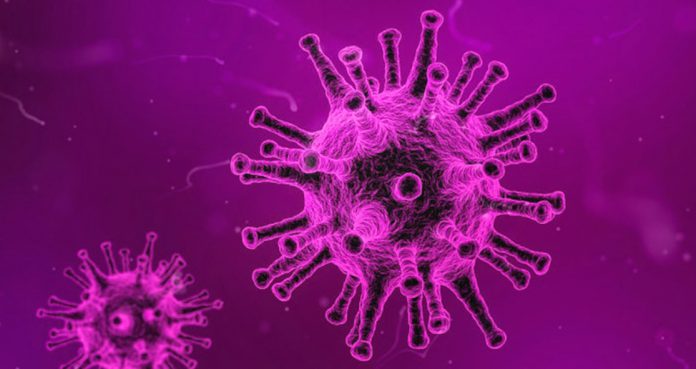After so many years of intense effort, there is no effective HIV vaccine on the horizon, while some say it is impossible to get one. However, some researchers believe that passive immunization could prevent HIV.
Active immunization stimulates the body to make antibodies that offer protection against disease through an effective vaccine, whereas, in passive immunization, the antibodies are directly injected into the body, which are extracted from the survivors of a particular infection.
Passive immunization is an old method of preventing disease when there is no vaccine available for the disease. It does not offer lifelong protection against diseases like active immunization.
However, according to a study, published in April 2018 in the journal Nature Medicine, has given some hope to researchers to believe that passive immunization could prevent HIV.
The study was conducted on six monkeys in which they were given a single shot of two anti-HIV antibodies.
Senior study author Malcolm Martin said, “We think this approach might be an important way to prevent transmission in humans, particularly in regions of the world where HIV is endemic. This is not a vaccine but a way to prevent.”
Director of the Gates Foundation’s HIV program and study funder Emilio Emini said, “The potential is there for the development of a neutralizing antibody cocktail that could be injected to provide many months of protection against HIV infection.”
Scientists have been identifying more than 100 such anti-HIV antibodies, which could help them to analyze their efficacy through passive immunization.
The study researchers explained that injecting these antibodies once in six or 12 months could protect many people from HIV.
Every year, more than 1.8 million people are newly diagnosed with HIV and taking a daily pill (PrEP) containing anti-HIV drugs has proven too cumbersome. Emini said, “Taking a pill every day can be just about impossible to do in a population of young people, even under the best of circumstances.”
The researchers are using antibodies extracted from a small group of patients infected with HIV. They believe these antibodies could neutralize or even kill HIV, decreasing the viral load and increasing the patients’ life expectancy.
Martin explained injecting antibodies in humans might stick around longer than in monkeys, offering more durable protection.
Eight clinical trials for passive immunization are underway and the momentum behind it in preventing HIV is growing. The original article was published in NPR.























